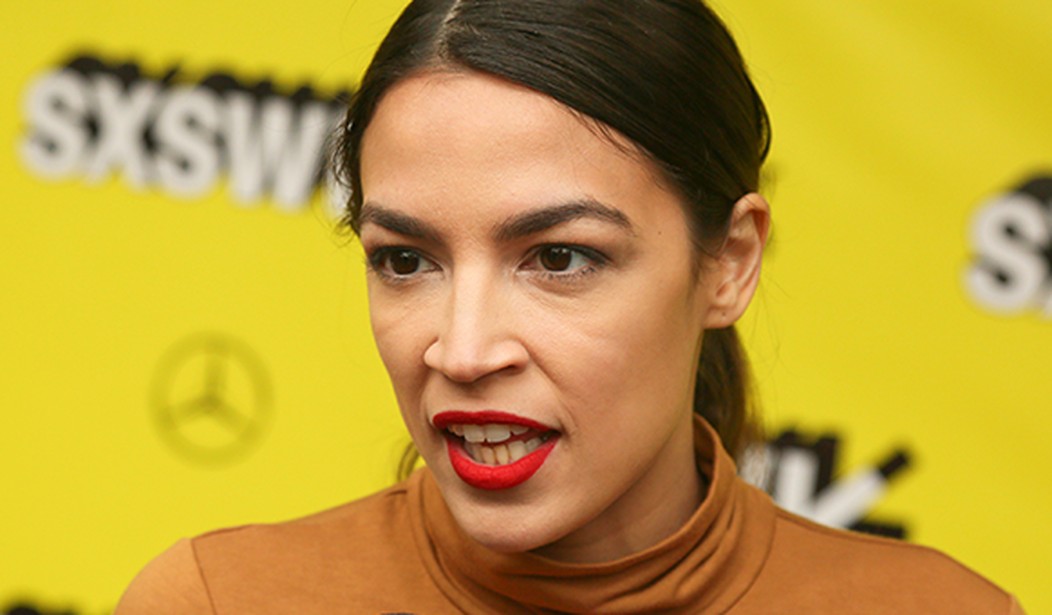Lately, wishing someone your “thoughts and prayers” has become supposedly meaningless---as if it is a substitute for actually doing something positive.
After last week’s horrific shooting in a mosque in New Zealand, Congresswoman Alexandria Ocasio-Cortez (AOC) sent out a tweet: "At 1st I thought of saying, 'Imagine being told your house of faith isn’t safe anymore.' But I couldn’t say 'imagine.' Because of Charleston. Pittsburgh. Sutherland Springs. What good are your thoughts & prayers when they don’t even keep the pews safe?"
The condemnation of “thoughts and prayers” is not unique to AOC.
- Some of the Parkland school victims were also down on “thoughts and prayers”---if viewed as a substitute for action (which usually translates to strict gun control laws in an effort to turn the rest of the world into Chicago).
- Christian actor Chris Pratt was attacked by the politically correct crowd for asking for prayers for the health of a movie director who suffered a heart attack.
- After living through a shooting in a newspaper in the greater Washington, D.C. area and hearing that the president and first lady said their “thoughts and prayers” were with the victims, one survivor used the f-word to say she resented such prayers if not accompanied by action.
It reminds me of what Saul Alinsky, author of Rules for Radicals and one of the key intellectual mentors of President Obama and Hillary Clinton, once said this about prayer: “[When someone] doesn’t do a d--- thing but pray for mankind…when that person comes up for judgment…the judge is gonna’ sit there and say…‘You cruddy b-----d’.”
Of course, this is a straw man argument. Studies have shown that religious conservatives are actually also the first to act---doing the most charitable giving in America—and far more than secular liberals.
But beyond that, who would ever have thought that prayer---communicating with our Creator---would be so the object of such crude vitriol? And apart from the expletives, is there a valid point in the criticism? Are thoughts and prayers per se just meaningless? Especially prayers? If they mean by it that prayer is no substitute for action—as if it’s an either/or---then I understand. But why is it viewed as an either/or?
Recommended
Prayer is deep in the American tradition---even praying as a nation.
During the trying days of the American War for Independence, the Continental Congress set aside several days of fasting and prayer, such as May 17, 1776---which was a National Day of Humiliation, Fasting and Prayer. On that day, the Congress prayed, “that we may with united hearts confess and bewail our manifold sins and transgressions, and by a sincere repentance and amendment of life appease God's righteous displeasure, and through the merits and mediation of Jesus Christ obtain His pardon and forgiveness.” And they felt God answered those prayers.
Abraham Lincoln said of prayer: “I have been driven many times to my knees by the overwhelming conviction that I had nowhere else to go.”
Ben Franklin asked for prayer at the Constitutional Convention on June 28, 1787, and the founders adopted a variation of his request by meeting together for prayer at a local church service.
Said Franklin, “I have lived, Sir, a long time, and the longer I live, the more convincing proofs I see of this truth---that God Governs in the affairs of men. And if a sparrow cannot fall to the ground without His notice, is it probable that an empire can rise without His aid?”
Are prayers a substitute for action? I think prayers are very important---and can make a huge difference. The Bible, such as the Gospels, is filled with all kinds of amazing things that happened in answer to prayer.
Jesus Christ is the same yesterday, today, and tomorrow. This may be a cliché, but this motto applies here: “Pray like it all depends on God and act like it all depends on you.”
In a prayer breakfast in Dallas on August 23, 1984, Ronald Reagan remarked, “Without God, there is no virtue, because there's no prompting of the conscience. Without God, we're mired in the material, that flat world that tells us only what the senses perceive. Without God, there is a coarsening of the society. And without God, democracy will not and cannot long endure. If we ever forget that we're one nation under God, then we will be a nation gone under.”
As a believer in the power of prayer, I do not understand this modern mantra against “thoughts and prayers.” Those who protest prayer seem to be shaking their fists at God Himself. The Bible reminds us, “The prayer of a righteous person is powerful and effective.”

























Join the conversation as a VIP Member